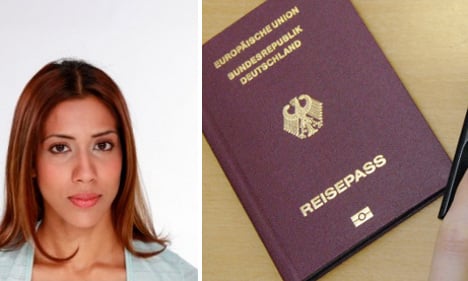I secured German citizenship within record time, according to my manager. From entering the country to receiving the physical document in my hand took three years and eight weeks.
I believe integration and hard work are the key to jumping through the hoops to get German citizenship.
My husband is a German citizen, which naturally made my application much easier. Being married meant I could submit my application after the minimum amount of time – three years of permanent residence in Germany.
But the process for foreigners from non–EU countries on a student, work or business visa varies depending on several conditions.
The first condition for citizenship is integration. That means you must learn and speak German, secure a position that can support you and your family comfortably and have no record of unemployment or the receipt of unemployment benefits.
You also need to answer 310 questions in German about Germany and demonstrate complete commitment to the country and its people.
I have held permanent residencies from several other countries, but most of these residencies were tied to highly-skilled employment. In Germany, however, the rules differ significantly to English-speaking parts of the world.
Over the past years, I've had to make several personal compromises in order to secure German citizenship in the shortest possible time.
Since moving to Donauwörth (a small town near Augsburg), I decided I would put in all my efforts to integrate with the society.
That's why I was determined to not let my limited German stop me from taking up employment with a recruitment company there. I decided I needed to understand the Germans, their work culture and the corporate culture of a true German company if I was to show the government I had integrated.
Today looking back, it was the best decision I made. It not only help speed up the processing time of my application to just eight weeks, but also provided me with an opportunity to learn the German culture and corporate culture inside out.
I put all my efforts into learning German and practiced the questions required for the citizenship test every day.
I strongly believe that putting in some hard work in integrating with the country’s culture, language and workplace really helped my application process.I think the representatives at the citizenship office were very impressed and appreciated my integration efforts.
For people from outside the EU, getting German citizenship is not easy. However, if the process and requirements are followed precisely, processing the application should not be a problem – particularly for highly-skilled immigrants.
SEE ALSO: Nine jobs you can only do in Germany



 Please whitelist us to continue reading.
Please whitelist us to continue reading.
Member comments